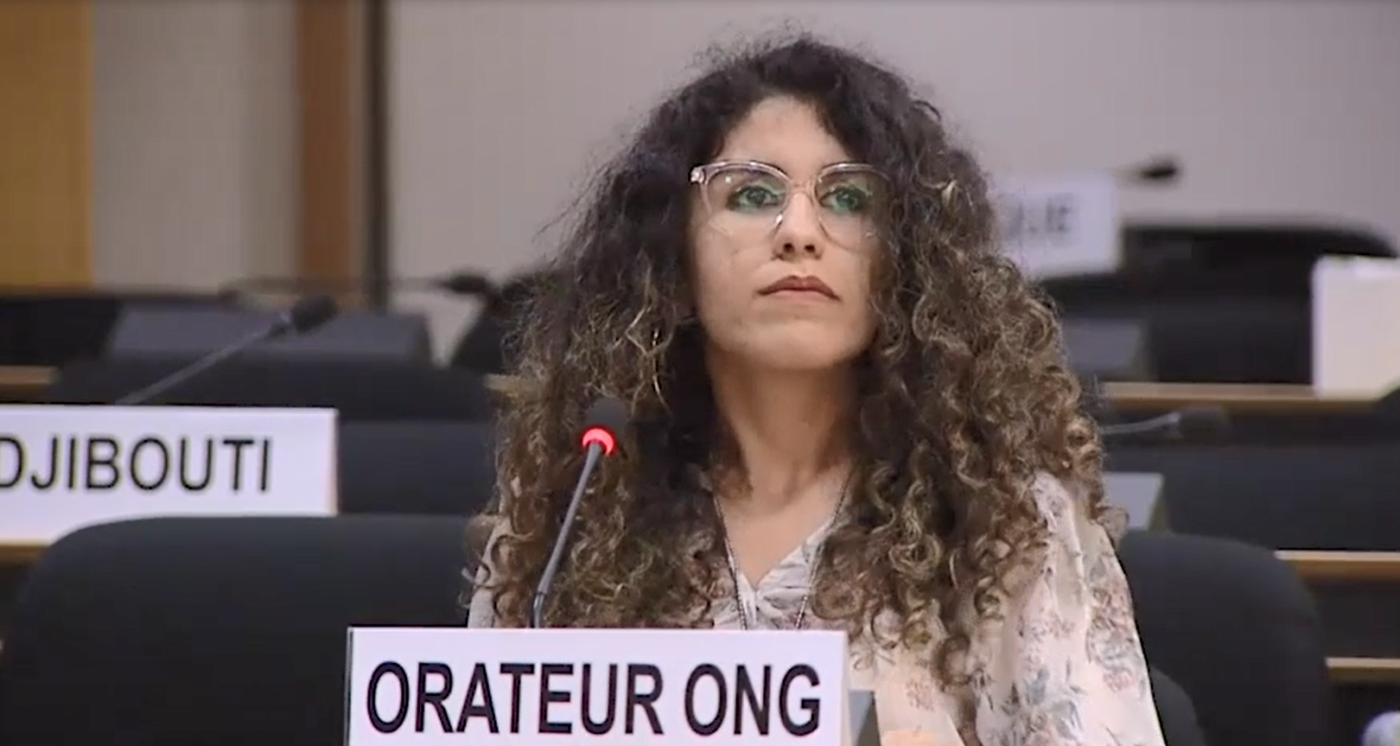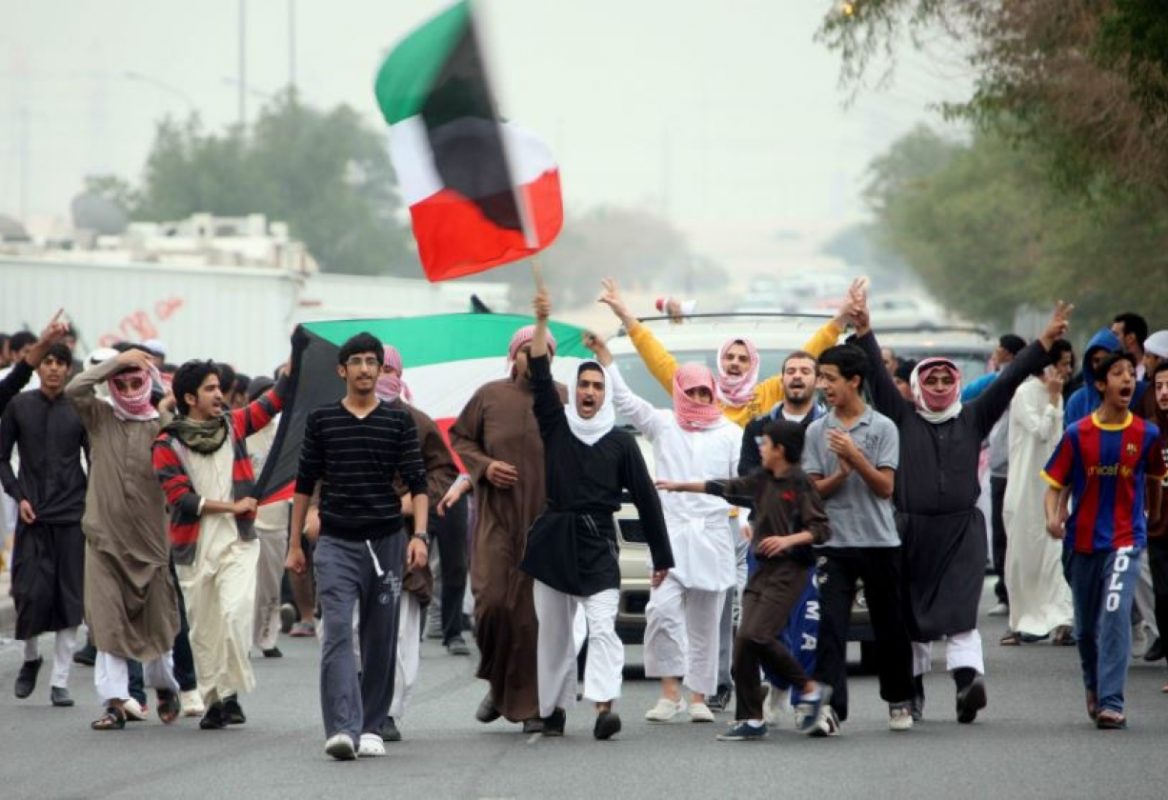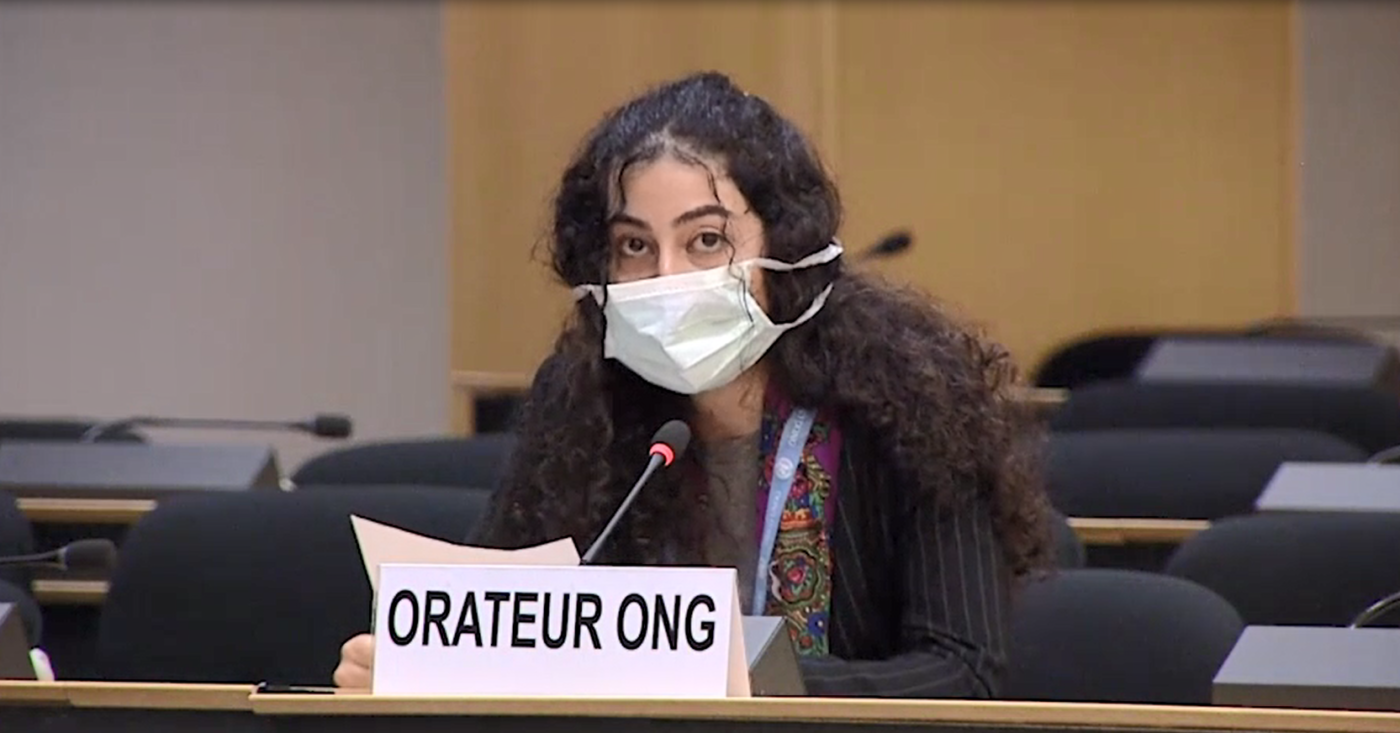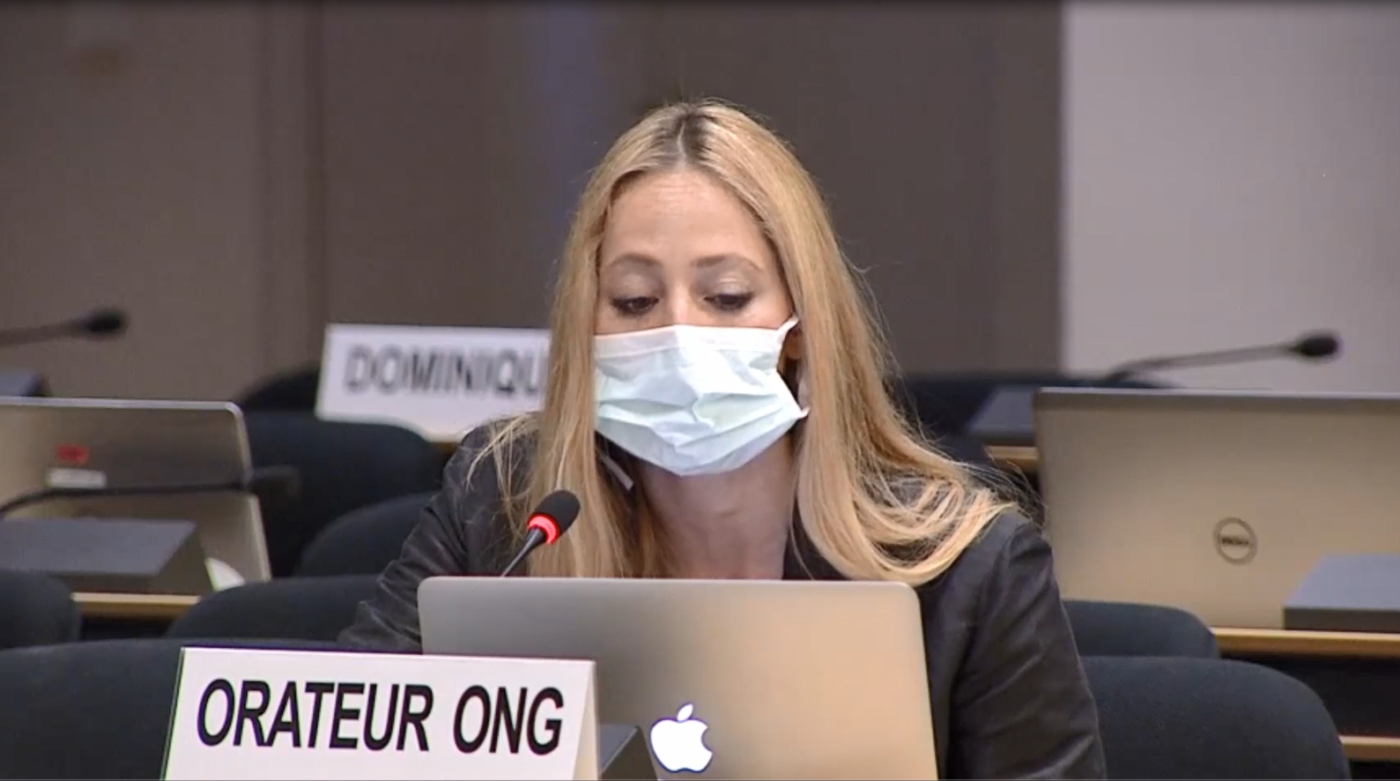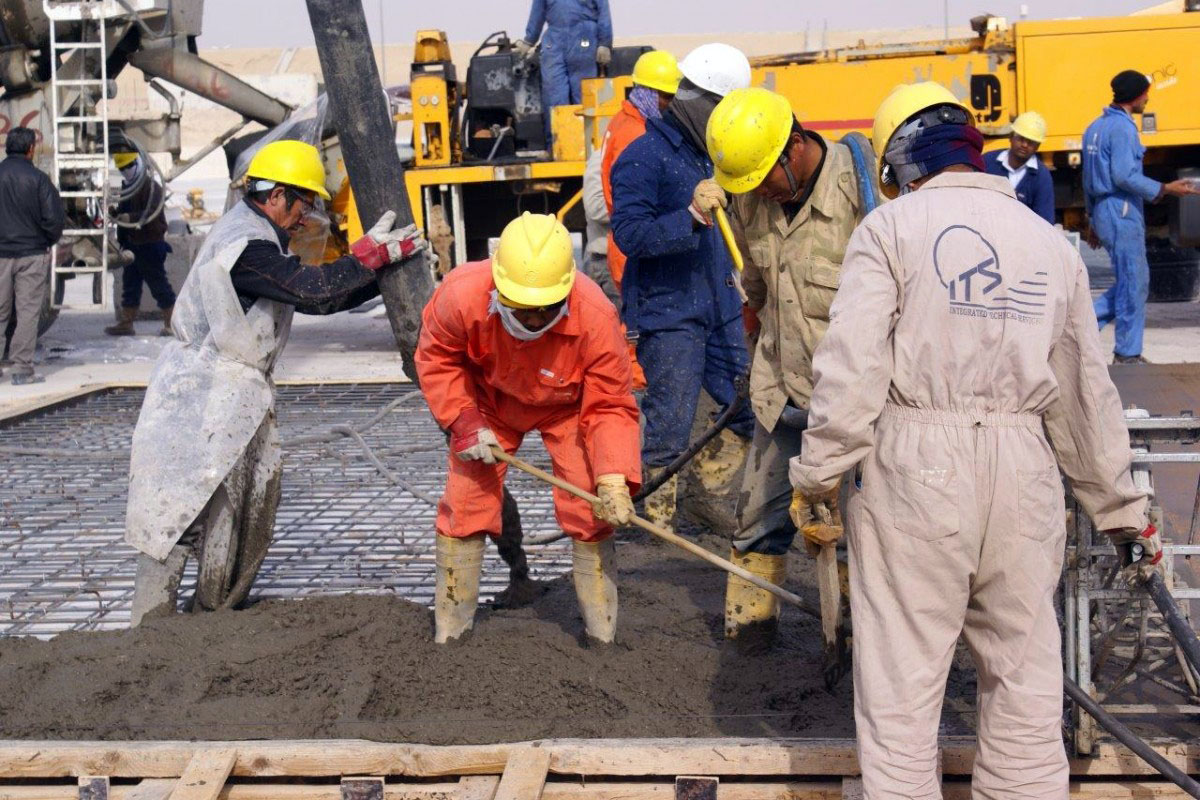On 17 July 2020, ADHRB has delivered an oral intervention at the United Nation Human Rights Council session 44 during Kuwait UPR. Madam President We begin by welcoming the Kuwaiti delegation with the hope to see them implementing the accepted recommendations. The Kuwaiti government continues the use of its provisions in constitutions, national security[…]
Bidoon (shortened from the term Bidoon jinsiyya and meaning “without nationality” in Arabic) are stateless minorities in Kuwait who, despite being long-term inhabitants of the country, have been systematically denied Kuwaiti citizenship. The government of Kuwait classifies Bidoon as “illegal residents,” though they do not hold any alternative connection to another country. Following decades[…]
On 17 July 2020, ADHRB has delivered an oral intervention at the United Nation Human Rights Council session 44 during Kuwait UPR. Thank you Mr. Vice President, We would like to use this opportunity to inform the council on the following human rights situations in Kuwait: The Kuwaiti government stated in their national report the[…]
On 17 July 2020, ADHRB has delivered an oral intervention at the United Nation Human Rights Council session 44 during Kuwait UPR. Madam President, We take this opportunity to raise our serious concern over Kuwait’s human rights violations, particularly committed against the Bidoon stateless minority. Being deemed illegal residents, the Bidoon face severe restrictions of[…]
The coronavirus pandemic is an all-encompassing world-wide problem, and has affected an incalculable number of countries, regions and facets of society. Unfortunately, the most vulnerable people in society are proving to be the worst hit. One particularly vulnerable group in this time of crisis are the migrant workers in Kuwait. A series of Arab celebrities[…]


